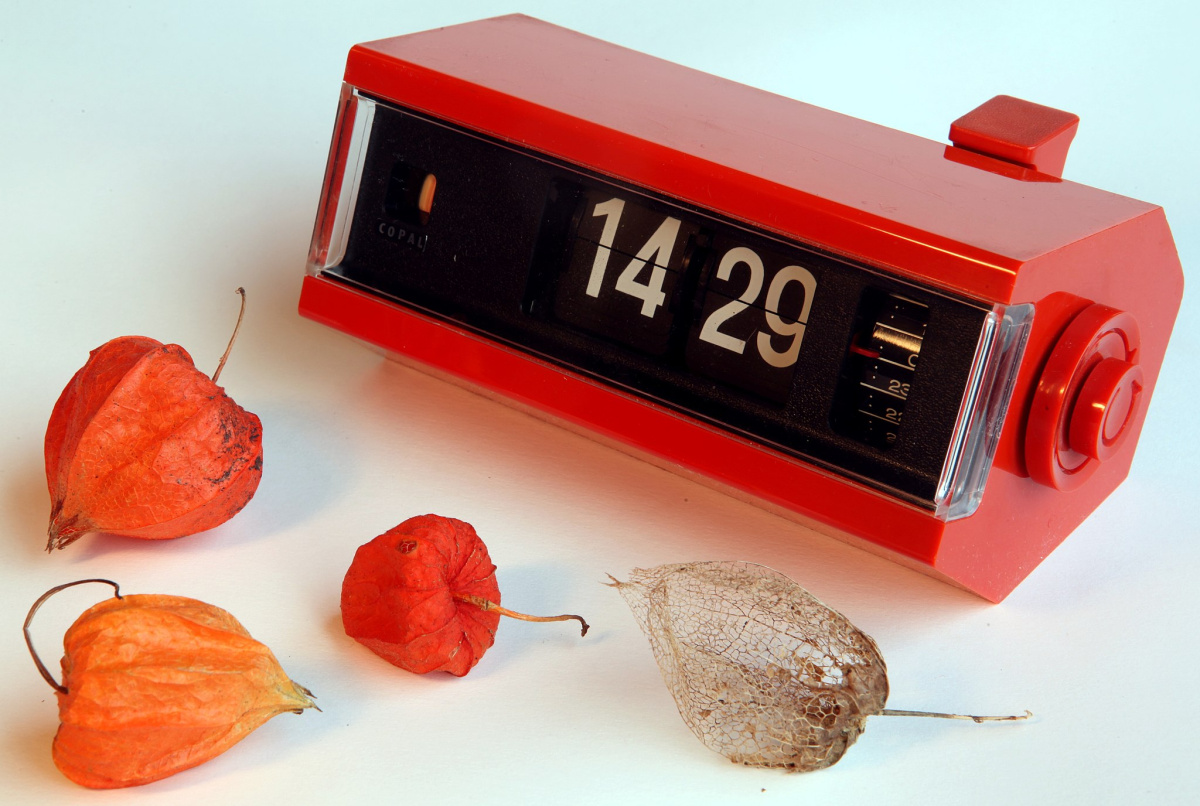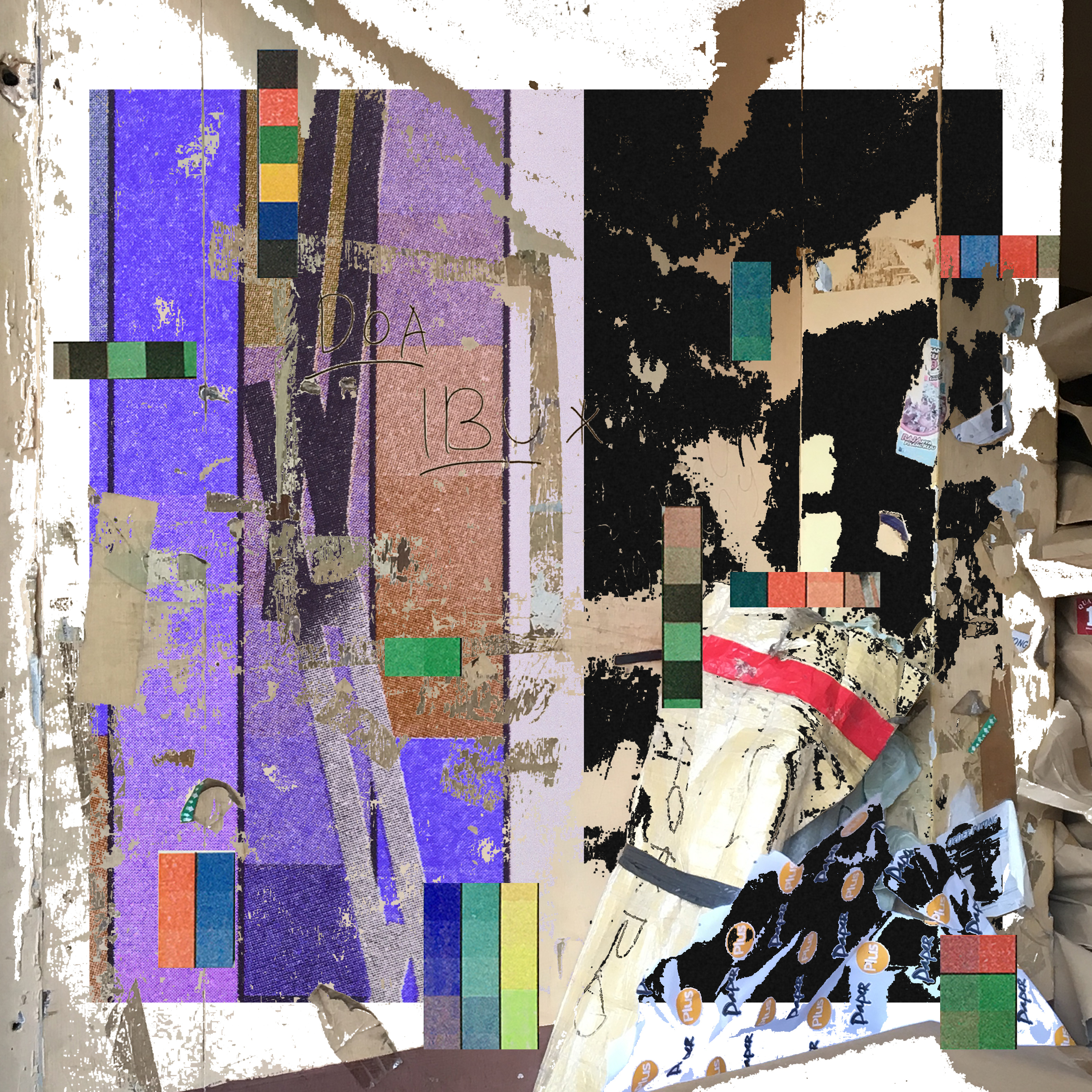
The Invention of the Mechanical Clock
How one measures time influences how one thinks. In his unedited essay draft, commissioned by the MaerzMusik Festival 2023, the composer Jakob Ullmann reflects on how the mechanical clock in Western Europe has influenced the composition and making of music. Read the exclusive abstract here.
There is little doubt that the invention of the mechanical clock was one of the first inventions made in Western Europe, without clear antitypes in antiquity or the Muslim world, that had serious consequences for thinking and behavior in everyday life at the end of the 13th century. This shift exerts an influence on modern Western societies that continues today. It is, therefore, significant to consider why this invention was made in Western Europe, what were the preconditions of this invention, and (if possible), fix the date of this invention as clearly as possible.
The first question shall be answered by examining the changes in the concept and cognition of time and its relation to historical circumstances, the expectation of Judgement Day in the near future, and the broader extension of the idea of purgatory. For the second question, new concepts in natural sciences as the analysis of the laws of crank and pneumatic devices on the one hand, and the discussion on the role and interpretation of Aristotelian philosophy in Paris between 1270 and 1277 on the other, can help to clear the terms of the invention. The question of the date shall be discussed with the help of the common handbook of astronomy at medieval universities and a special addendum to it for the terminus post quem, special developments in music theory for the terminus ante quem. Finally, a short outlook on the consequences of this invention will be given.
This abstract is part of the «Grenzraum:Hören» Norient Special in collaboration with MaerzMusik Festival 2023.
You can read the unedited essay draft here.
Biography
Published on March 22, 2023
Last updated on June 13, 2023
Topics
From priests claiming to be able to shapeshift into an animal to Irish folk musicians attempting to unify Protestants and Catholics.
How does the artits’ relationship to the gear affect music? How to make the climate change audible?
Special
Snap
